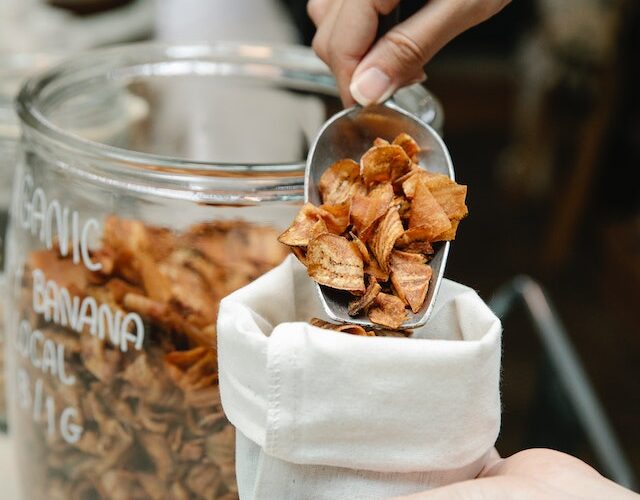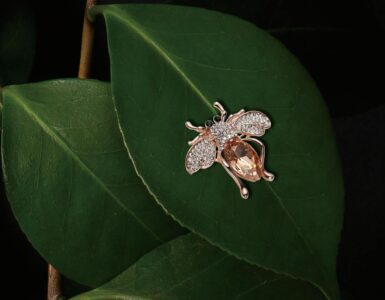If you are a climate-conscious consumer and love having chips or crisps occasionally, it must be hard to see that the empty chip packet will forever stay on our planet, choking our ecosystems.
A potato chip manufacturer in the United Kingdom has found a solution. Two Farmers launched its gourmet potato chips in 100% compostable packaging.
Before plastic was invented, chips were packaged and sold in paper bags, tin cases, or cardboard boxes, which meant that chips had a limited shelf life. In the 1950s, as plastic packaging caught up, chip companies also latched on to the idea.
Nowadays, most bags for potato chips and other snacks are made with different layers of polymer materials – aluminium-coated polypropylene (PP), low-density polyethylene, and a layer of thermoplastic resin. As you would understand, plastic chip packets take years to decompose.
Established in 2019, Two Farmers chips and snacks are packed in compostable eucalyptus cellulose film packaging. The company claims its bags take 36 weeks to decompose in home composting systems.
In addition, Two Farmers uses renewable energy for manufacturing and processing chips. Their farm has an on-site anaerobic digester that converts farm waste into bio-methane, producing electricity to run the entire operation.
Compostable chip packets are not a new phenomenon. In 2010, US-based Frito Lay bags were made from corn-based bio-polymer, which can biodegrade under specific environments. However, after public complaints about the noise chip packets made, the company had to remove the products from the market.
Chips are among the most popular snacks globally; according to research, the market size was valued at $32.2 billion in 2021, meaning millions of plastic packets enter our natural ecosystem. Many of these packets choke our drains, pollute the cities, and harm marine and aquatic life.
Therefore, it is pertinent that we have more snack and chip manufacturers and other food and beverage companies come out with environmentally friendly packaging alternatives.
You might also like to read our article on the future of recycling.






Add comment